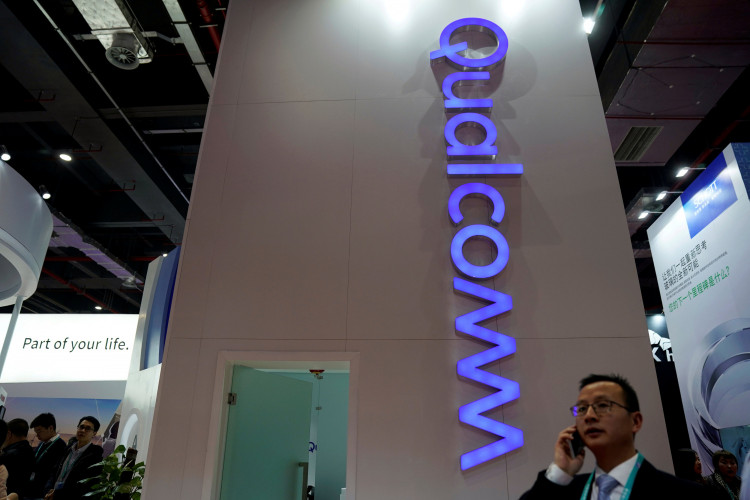Qualcomm is continuing its march to put further pressure on Apple ahead of its upcoming antitrust hearing in April by launching yet another legal claim against the company. The company filed another patent challenge against the Cupertino-based tech giant alleging that it had violated three of its patents. The claim is the latest in a series of legal moves against Apple, which has lasted for more than two years.
The world's largest mobile chips maker filed the case in a San Diego court and claimed that Apple owes it millions of dollars in damages. Apple and Qualcomm have both filed dozens of different patent and copyright infringement lawsuits against each other in different courts around the world over the course of two years.
Apple's most recent legal move against Qualcomm alleges that the chipmaker had engaged in illegal patent practices in an effort to retain its dominance in the chip market. Qualcomm fired back and alleged that Apple has been using its technology without just monetary compensation. All of their legal bickerings is expected to reach its climax as both companies are expected to appear in court in April for the antitrust case that was filed by Apple in 2017.
Qualcomm's latest actions are seen by some as a move to gain smaller victories before it faces off against the company in April. The mobile chip manufacturer has so far won a series of cases based on preliminary findings by trade regulators. As for the latest case, the San Diego court is expected to hold an eight-day trial next week to determine whether or not Apple had actually violated Qualcomm's patents.
Qualcomm alleges that Apple is using its patents that revolves around making a smartphone boot faster and consumes less battery during intensive tasks. The company also alleges that phones using Intel modem chips are the models that are directly violating its patents. For doing so, Qualcomm is asking that Apple pay it US$1.41 per iPhone sold from 2017 to 2018 as compensation. Apple has not revealed just how many of its iPhone units came with Intel modem chips, but reports have speculated that over half of the smartphones it had sold contained Intel chips.
Apple recently responded to the court filings and mentioned that it does not believe it had infringed any patents. Apple insiders have also revealed that the company may have found a software workaround to avoid infringing on Qualcomm's patents. If Apple is found guilty, this wouldn't actually be the first time it had infringed on another company's patents.






